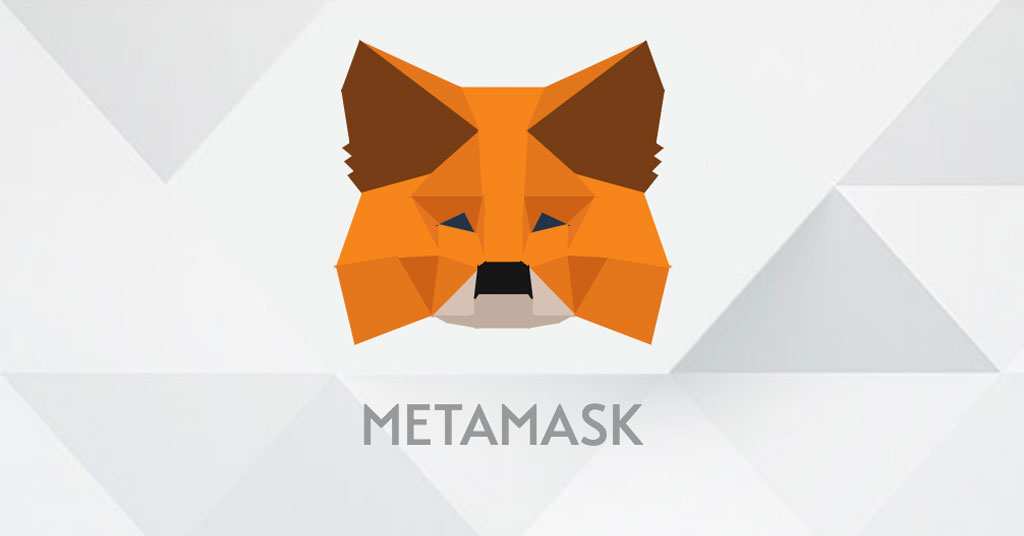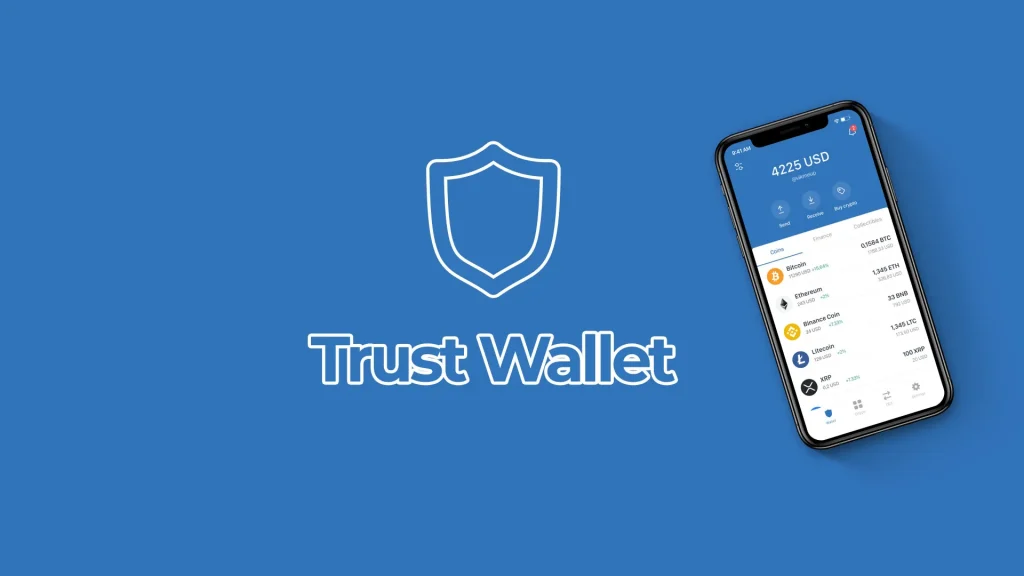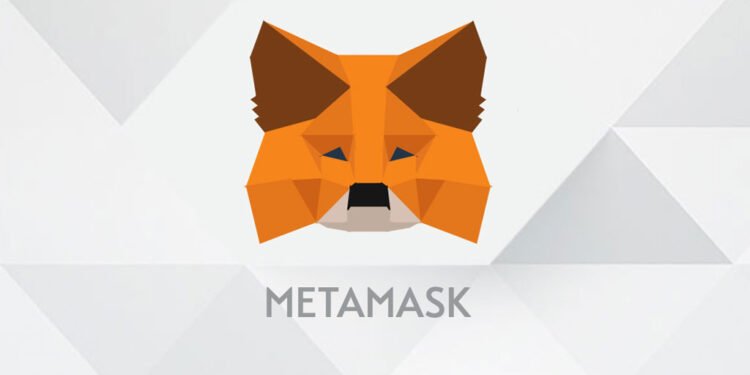Trust Wallet vs. Metamask – Which is Better?: Guide
In the world of cryptocurrencies, having a reliable and secure mobile wallet is essential for managing your digital assets.
Two popular options that offer a range of features and functionalities are Trust Wallet and MetaMask.
In this article, we will compare these mobile wallets to help you determine which one is the best fit for your needs.
Also read: MetaMask Emerges as Most Popular Wallet with 22 Million Downloads: Report

Understanding Mobile Wallets
Before diving into the comparison, let’s first understand what mobile wallets are and why they are important.
A mobile wallet is a software application that allows users to store, send, receive, and manage their cryptocurrencies directly from their mobile devices.
Additionally, it acts as a digital wallet, providing users with a secure and convenient way to access their digital assets on the go.
Mobile wallets offer several advantages, including easy accessibility, user-friendly interfaces, and support for a wide range of cryptocurrencies.
They also come with advanced features such as the ability to interact with decentralized applications (dApps) and make seamless transactions.
Now that we have a basic understanding of mobile wallets, let’s delve into the comparison between Trust Wallet and MetaMask.
According to our research, The Trust Wallet is the preferred choice when exchanging tokens. Trust Wallet not only supports a lot more tokens and networks, but it also doesn’t charge any fees. Contrarily, MetaMask levies a swap fee of 0.875%.
However, it all depends on your needs. So, let’s break this down even further.
Trust Wallet: A Comprehensive Mobile Wallet
Trust Wallet, the official decentralized wallet of the Binance crypto exchange, is widely recognized for its user-friendly interface and extensive range of supported digital assets.
It offers a seamless and secure way to manage your cryptocurrencies on mobile devices.
One of the standout features of Trust Wallet is its support for more than 4.5 million different kinds of digital assets across more than 65 blockchains.
This means that you can store, send, receive, and exchange a wide variety of cryptocurrencies, including popular ones like Bitcoin, Ethereum, and many others. Trust Wallet also allows you to stake your crypto assets and participate in token swaps within the app.
Another advantage of Trust Wallet is its built-in dApp browser. This browser acts as a bridge, providing direct access to popular decentralized platforms such as PancakeSwap and SushiSwap.
With this feature, you can easily interact with various dApps on different blockchains, expanding your cryptocurrency experience beyond simple asset management.
In terms of security, Trust Wallet is a non-custodial wallet, which means that you have complete control over your private keys and assets. This ensures that your funds are secure and protected from potential hacks or breaches.
Trust Wallet also offers features like biometric authentication and auto-lock time to enhance the security of your wallet.
MetaMask: A Versatile Mobile Wallet

MetaMask is another popular mobile wallet that stands out for its versatility and compatibility with multiple platforms.
Unlike Trust Wallet, which is primarily a mobile app, MetaMask can be used both on mobile devices and desktops.
MetaMask is specifically designed to connect to the Ethereum network, allowing users to interact with various Ethereum-based dApps and decentralized finance (DeFi) platforms.
It supports the ERC-20 token standard, enabling you to store almost any token on the Ethereum network. With MetaMask, you can easily swap cryptocurrencies within the app and access a wide range of dApps directly from your mobile or desktop browser.
One of the key features of MetaMask is its simple interface for swapping cryptocurrencies. With just a few clicks, you can quickly and easily swap between different tokens, taking advantage of market opportunities.
This feature makes MetaMask a convenient option for traders and investors looking for seamless and efficient token swaps.
Similar to Trust Wallet, MetaMask is a non-custodial wallet, meaning that you have full control over your private keys and assets. This ensures that your funds are secure and protected, even though MetaMask is a hot wallet connected to the internet.
MetaMask also supports additional security measures like biometric authentication, further enhancing the safety of your wallet.
Now that we have explored the key features and functionalities of Trust Wallet and MetaMask, let’s compare them across various criteria to help you make an informed decision.
User Interface and User Experience
Both Trust Wallet and MetaMask offer user-friendly interfaces that make it easy for beginners to navigate and manage their digital assets.
Trust Wallet’s mobile app offers an intuitive design for easy access to assets and dApps.
On the other hand, MetaMask offers a versatile user experience, allowing users to connect to dApps and transact with the Ethereum network across various platforms, including mobile and desktop.
Supported Coins and Networks

Trust Wallet supports an extensive range of digital assets, with more than 4.5 million tokens across 65 blockchains. This includes support for popular cryptocurrencies like Bitcoin, Ethereum, XRP, Cardano, and many others.
On the other hand, MetaMask primarily focuses on the Ethereum network and supports Ethereum-based tokens, including ERC-20 tokens.
MetaMask supports Binance Smart Chain, Optimism, and Polygon. Trust Wallet surpasses it in terms of asset variety.
Access to Decentralized Applications (dApps)
Both Trust Wallet and MetaMask allow users to access and interact with decentralized applications (dApps) directly from their wallets. Trust Wallet’s dApp browser for PancakeSwap, SushiSwap. MetaMask supports Ethereum dApps, enhancing accessibility and usability.
The choice between the two will depend on your specific dApp preferences and the networks you wish to interact with.
Security Features
Both Trust Wallet and MetaMask prioritize the security of your digital assets. Both wallets are non-custodial, meaning that you have complete control over your private keys and assets.
This ensures that your funds are secure and protected from potential hacks or breaches. Trust Wallet and MetaMask provide biometric security, and auto-lock for added wallet protection, enhancing overall security.
Also read: Is Metamask Safe?
Fees and Costs
Trust Wallet and MetaMask differ in terms of fees and costs. Trust Wallet allows fee-free token swaps and staking within the app, providing a cost-effective solution for managing your digital assets.
On the other hand, MetaMask charges a 0.875% markup for token swaps, which can add up depending on the volume and frequency of your transactions. It’s important to consider your trading and transaction habits when evaluating the cost-effectiveness of each wallet.

Conclusion: Choosing the Right Mobile Wallet
In conclusion, both Trust Wallet and MetaMask are reputable and reliable mobile wallets that offer unique features and functionalities.
Trust Wallet offers abundant assets and a dApp browser, providing a complete solution for crypto management and interaction.
On the other hand, MetaMask focuses on the Ethereum network and provides a seamless experience for accessing Ethereum-based dApps and transacting within the Ethereum ecosystem.
Choosing the right mobile wallet ultimately depends on your specific needs and preferences. If you require broad support for various cryptocurrencies and want easy access to decentralized applications across multiple blockchains, Trust Wallet is a clear choice.
Prefer Ethereum assets? MetaMask’s versatile wallet for mobile and desktop suits your needs.
Ultimately, it’s important to evaluate your priorities, consider the specific features and functionalities that matter most to you, and choose a mobile wallet that aligns with your individual requirements.









